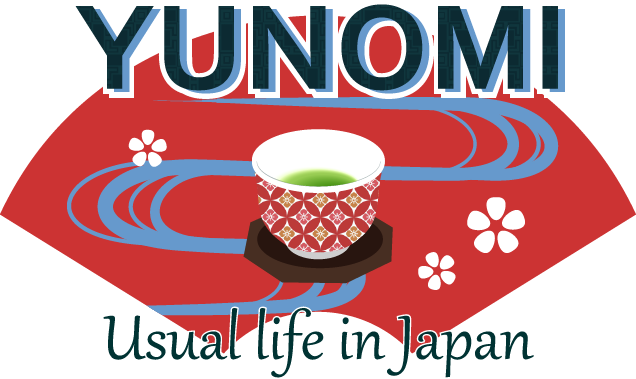Japan is famous for small kindnesses in everyday life — from a free wet towel at restaurants to complimentary amenities at hotels.
But what counts as “free,” and what comes with small rules or expectations? Here’s a clear guide so you can enjoy Japan’s freebies politely and confidently.
What “Free” Usually Means in Japan

- Included in the service price: Items are offered as part of what you already pay for (meals, rooms, tickets).
- Compliments for comfort: Small extras intended to improve the experience (wet towels, water, tea, condiments).
- Promotional samples: Freebies given to introduce a new product (supermarkets, drugstores, events).
Even when something is free, there’s an unspoken rule: take only what you reasonably need. That’s basic etiquette in Japan.
Common Freebies You’ll See
At Restaurants & Cafés
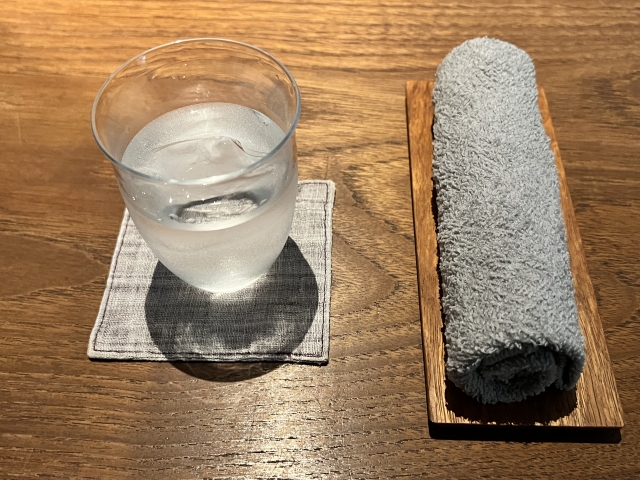
- Water / Tea: Often complimentary and refillable. Self-serve in many casual places.
- Oshibori (wet towel): A small rolled towel to clean your hands before eating.
- Condiments: Soy sauce, pickles, or sauces vary by shop. Use modestly and avoid waste.
At Convenience Stores (Konbini)
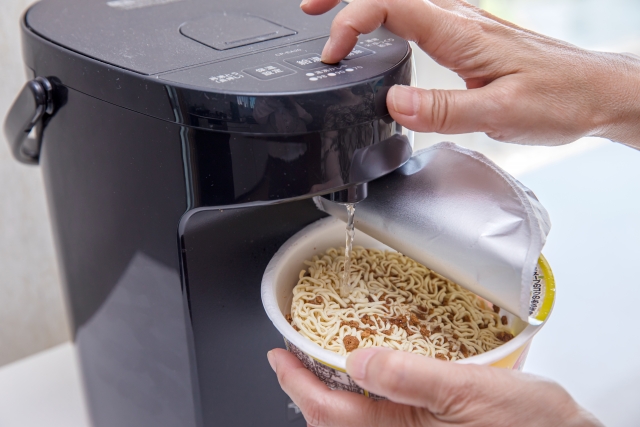
- Utensils & straws: Chopsticks, spoons, forks, straws are free upon request. Ask only for what you’ll use.
- Napkins & wet tissues: Often available at the counter; quantities are limited.
- Microwave & hot water: Staff can heat boxed meals; some shops have hot-water stations for instant noodles.
At Supermarkets & Drugstores
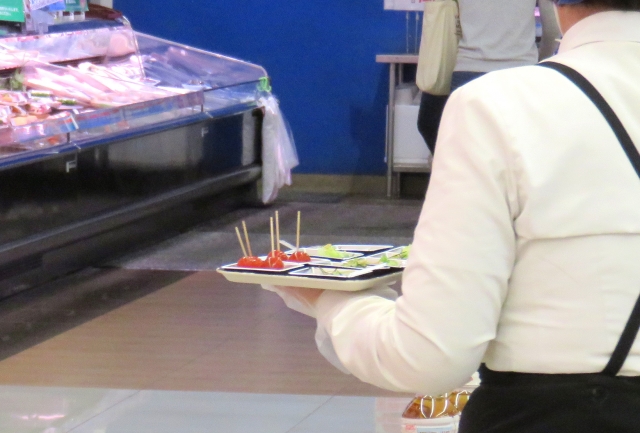
- Food & drink samples: Promoters offer bite-size tastings — feel free to try, but don’t take multiples.
- Trial sachets: Small packs of skincare/shampoo are sometimes handed out during promotions.
Hotels & Ryokan

- In-room amenities: Tea bags, instant coffee, toothbrush sets, combs, razors, cotton swabs.
- Lobby amenity bars: Many hotels moved some items to a self-serve station; take only during your stay.
- Public bath extras: At onsen/ryokan, you may find free hair ties, cotton pads, or skincare samples.
“Free but Not Unlimited”: The Gentle Rules
- Reasonable amount: One set of utensils per meal, one amenity set per guest per night, one sample per person.
- Ask when unsure: A quick “May I take one?” goes a long way.
- Avoid stockpiling: Taking extras “for later” can be seen as impolite and wasteful.
Environmental Shift: Less Plastic, More “Ask First”
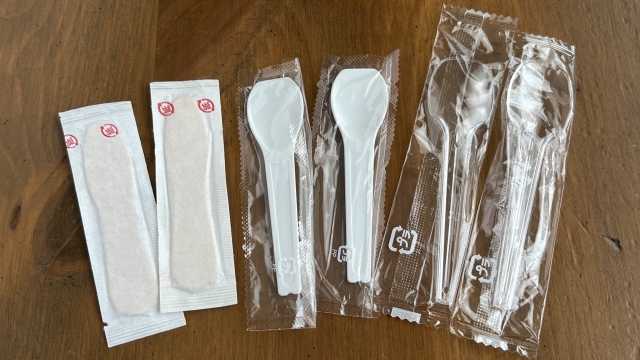
Japan is reducing plastic waste. Many shops now ask whether you need utensils or a bag, and some items that used to be automatically provided are now on request. It’s normal — and appreciated — to decline what you don’t need.
Giveaways & Campaigns
- Point-card freebies: Chains often offer bonus items when you sign up or hit point milestones.
- Seasonal handouts: Tissue packs, coupons, or small goods are common around stations and shopping streets.
- Event swag: Expos and festivals may hand out samples or small souvenirs; quantities are limited.
Quick Etiquette for Visitors
- Take one, not many: Assume “one per person” unless clearly stated otherwise.
- Use politely, leave neatly: Wipe spills, return trays, and bin waste correctly.
- Ask if it’s unclear: A simple question prevents awkward moments.
- Say thank you: A smile and “Thank you” (or “Arigatou”) is always welcome.
Are They Really Free?
Yes — within purpose.
In Japan, freebies are small acts of hospitality designed to make everyday life smoother. Treat them with gratitude and moderation, and you’ll fit right in with the local rhythm.
Editor’s Note
My favorite “free” in Japan is the humble oshibori. One warm towel after a long day of trains and walking, and the city suddenly feels softer. It’s a tiny kindness that says: welcome, rest, and enjoy.
In Japan, you’ll often come across free items and services that might surprise you — especially if you’re visiting from a country where almost everything comes with a price tag.
From restaurants to city streets, Japan’s culture of hospitality and marketing makes “free” a part of everyday life.
